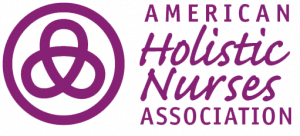Our PCHS faculty has represented us well at the AHNA conference this year! Here are the abstracts of what they presented:
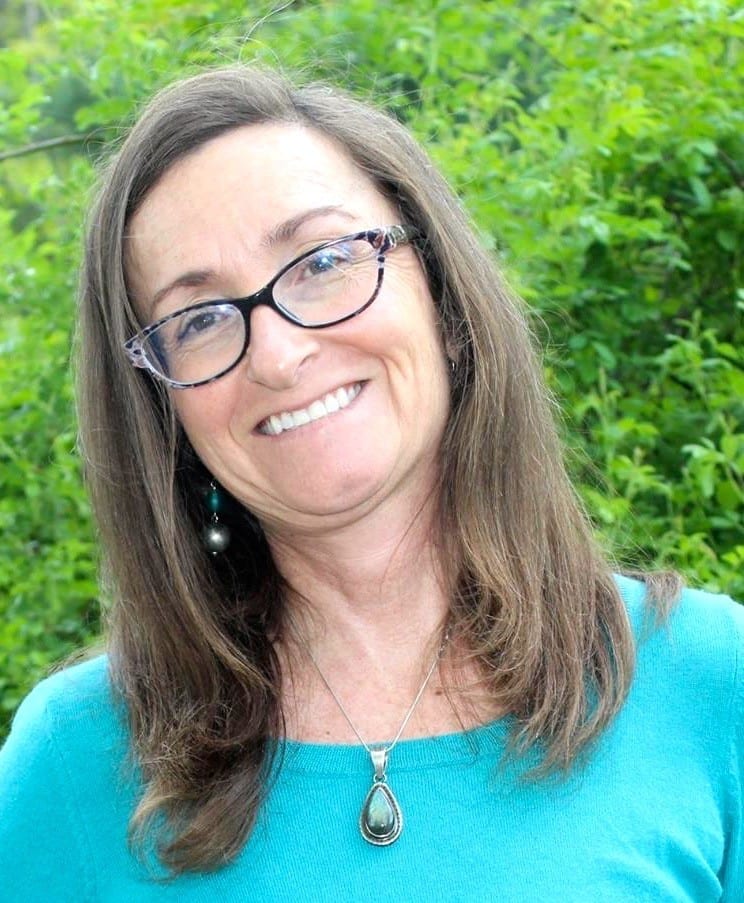
Cannabis Care: The Holistic Nurse’s Role
Carey S. Clark, Ph.D., R.N., AHN-BC, RYT, FAAN
An overview of the human mammalian endocannabinoid system, the holistic nurse’s role in working with cannabis patients, and how cannabis works in the body will be discussed. Current evidence on cannabis’s effectiveness with specific illnesses and evidence-based cannabis dosing guidelines will be provided, and the six essential areas of cannabis client care reviewed.
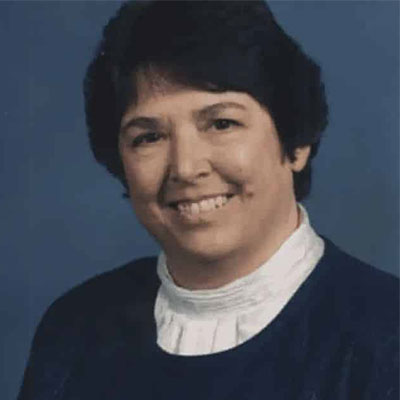
Creating Caring Culture’s for Holistic Education and Learning
Carla Mariano, EdD, RN, AHN-BC, FAAIM
The purpose of this presentation is to discuss and reflect on caring cultures for holistic education and learning. The presentation also identifies practices, methods, and ways of being to enhance the creation of caring cultures and improve learner outcomes for students and clients/patients in educational settings and learning environments.
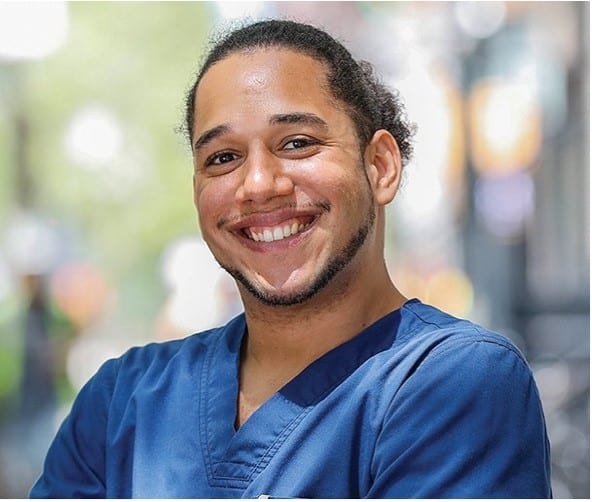
Millennials and Spirituality: Improving Assessments and Creating a Sacred Space
Quilvio Rodriguez DNP, PMHNP-BC, MSN, HNB-BC, BSN, RN
Spiritual assessments for millennials must go beyond asking about religious affiliation. Learning ways to integrate spirituality into the care of this population and assisting them to create a Sacred Space in their lives can improve treatment outcomes, while taking care of the whole person.
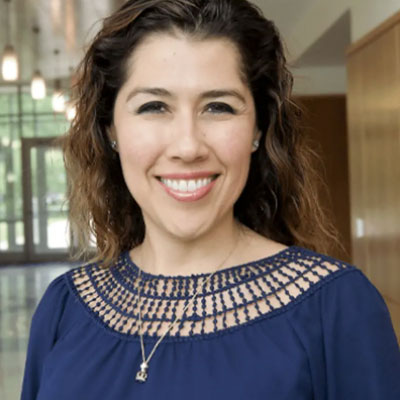
Curanderismo: Traditional Healing Practices in a Diversifying America
Co-Presenters: Caroline E. Ortiz, MSN MPH RN NC-BC Associate Professor Pacific College of Health and Science & Thomas Anthony Chávez, Ph.D. LMHC Assistant Professor University of New Mexico
U.S. demographic predictions indicate significant increases and upward trends in the growth of Latino/Hispanic populations, the majority represented by people of Mexican origin. On par with Native American population measures, Latinos/Hispanics consistently rank highest in health risks, such as cardiovascular disease, diabetes, and obesity, and lowest in improved medical status, such as access to quality healthcare among ethnically diverse populations. Poor health indicators challenge nurses and other multidisciplinary healthcare team members to continuously develop more effective, safe, and culturally appropriate interventions for health promotion and maintenance. This presentation explores concepts and practices from Native American and Mesoamerican (having cultural roots in the pre-colonial, indigenous civilizations from areas within modern-day Mexico and Central America) healing traditions, collectively known as curanderismo.
Are you interested in becoming a holistic nursing professional?
Visit the links below to explore our holistic nursing programs:
Curanderismo practices are frequently undisclosed or only partially shared with community outsiders, including medical practitioners and healthcare providers. Through a discussion of foundational philosophy and basic concepts, traditional practitioners and practices, current policy recommendations and legislation, and modern-day practices, it is intended that students and professionals develop a basic understanding of the holistic, ethno-indigenous practices still being used by these historically underrepresented, high-need communities. The learning strategies offer attendees an opportunity to reflect upon the healing lifeways of ethnically diverse communities, which can be the basis to further build upon the core values of supporting holistic caring processes, culturally appropriate and therapeutic relationships, and lifelong holistic education that includes Native American and Mesoamerican wisdom-holders as both our teachers and healers.
Featured Posts:
